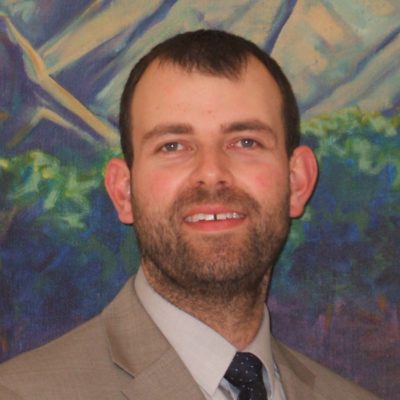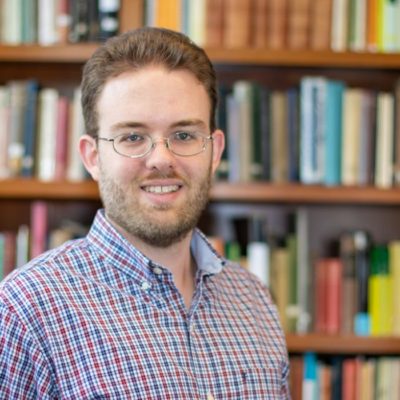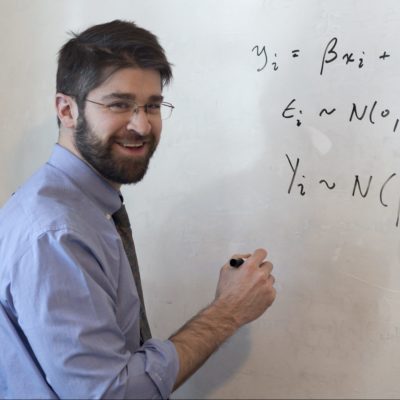"The Church values especially the Greek and Latin languages in which wisdom itself is cloaked, as it were, in a vesture of gold."
-- John XXIII, Apost. Const. Veterum sapientia
Latin
Latin is more than a way to learn word roots and grammar. The true power of the language is expressed by Pope John XXIII, who declares Latin to be a passport and a bond (Veterum Sapientia, 1962). With the passport of Latin, students can travel widely across space and time, gaining access to an unfathomably large corpus of sacred and secular literature. Travel destinations include the Mediterranean world of the Romans, the European continent of the Middle Ages, and, with the Age of Discovery, every continent but Antarctica. With well over two thousand years of literature, the Latin passport traces and grants access to every branch of western thought. You can inhabit the political mind of Cicero or the theological genius of St. Thomas, venture into early modernity with the mathematical and scientific writings of Newton, or explore the Americas reading epic poetry about Our Lady of Guadalupe. No vernacular is comparable. Paradoxically, this linguistic journey is not about leaving one’s native soil for a semester abroad, but about joining more deeply into the larger community of the West and of the Catholic tradition. Pope John XXIII refers to this when he writes that Latin binds “the Church of today with that of the past and of the future in wonderful continuity.” Language holds a community together. When we pray and sing in Latin or ponder over our Latin theology, we join countless faithful and saints who came before us. Latin is not a foreign language: it is our language, a gift from the Church.
Students at Wyoming Catholic College learn to read, write, and speak Latin; language immersion is a regular feature in our classroom. There are also opportunities for language immersion outside of the classroom such as the Latin Lunch table and week-long Latin trips with WCC’s outdoor program. Speaking Latin is a fun and effective way to learn, but it is also the traditional teaching method. Many of the current best practices in foreign language pedagogy have been in use since at least the middle ages; Latin students have been reading dialogues and learning to talk about the world they live in for a very long time. Then as now, basic conversational skills serve as a foundation for deeper discussions. If you cannot have a conversation in Latin about preparing dinner with your friends while backpacking, you probably cannot have a coherent Latin conversation about the philosophy of being! Traditional pedagogy was also correct that learning to speak Latin is one of the best ways to foster fluency in reading. This facility in reading is, of course, a major goal of the Latin program. Throughout the sequence students encounter a broad range of literature chosen for literary and instructional value with a particular emphasis on demonstrating the power of Latin as a passport and bond.
The College requires all freshman and sophomore students to complete two years of coursework in the language, followed by two semesters of guided practice in reading in the junior and senior years. In addition to the Latin Vulgate, Latin authors that are frequently read in the junior and senior years include Virgil, Ovid, St. Augustine, St. Thomas, and Boethius.
For more information about the Latin Curriculum at Wyoming Catholic College, please see our Academic Catalog.




